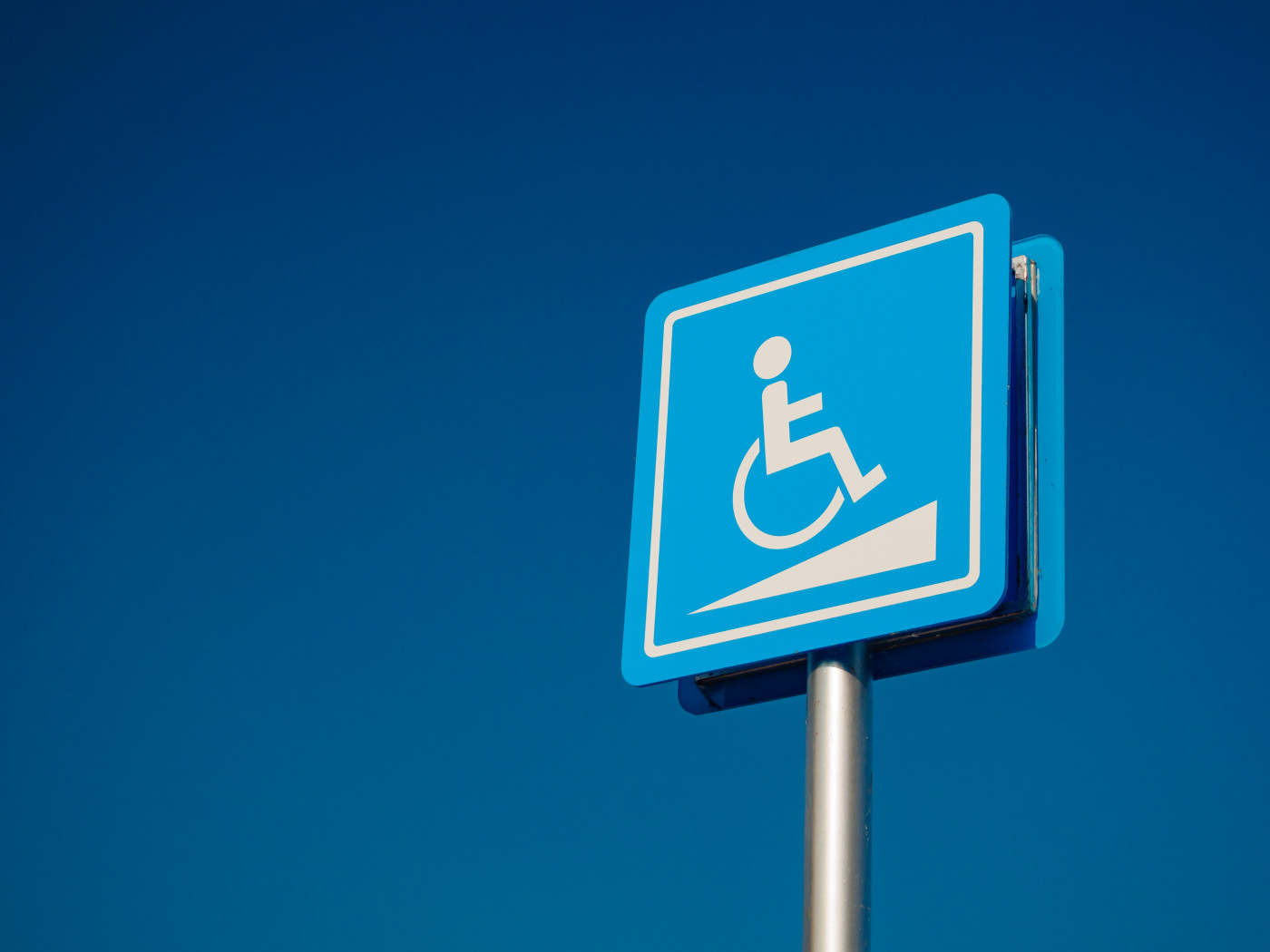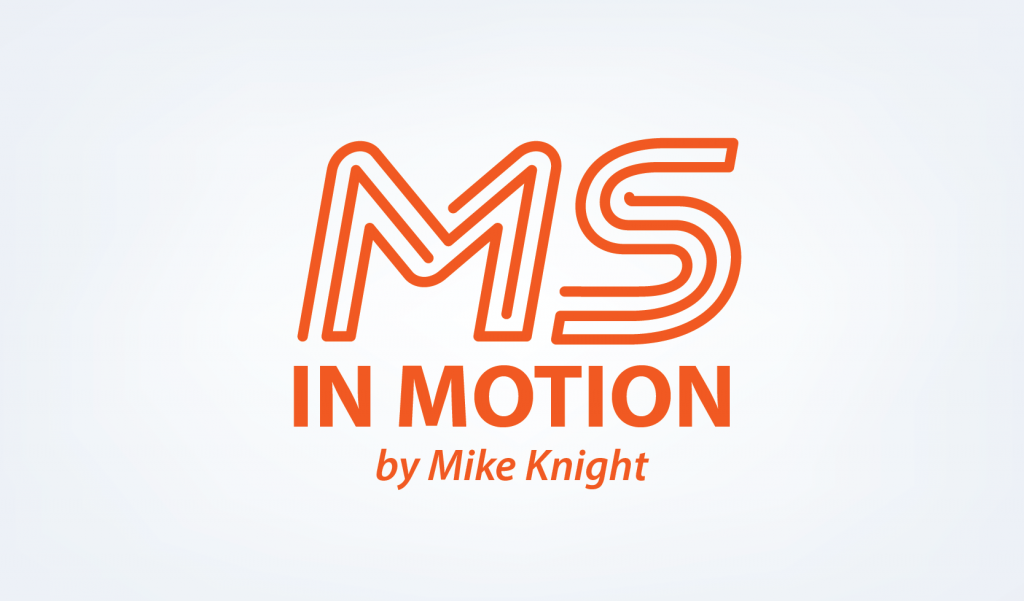Dis-labeled: How I Got Right with Being Disabled
Written by |


Though I don’t always use it, I take my cane with me every time we go shopping. I can still shuffle to the cart pickup and drop-off without it and the cart doubles as my walker. Canes can be clunky, aren’t easily stored, and I simply leave it in the car.
So there’s that.
But I still bring it due to stories like this one about Lexi Baskin, the University of Kentucky student undergoing chemotherapy whose SUV, parked in a handicapped spot, was covered with printed signs shaming her for using that space. “We have seen you and your friend come and go and there is nothing handicapped about either of you,” one sign taped to her SUV’s window said. Baskin, it seemed, didn’t appear to be disabled, or at least not disabled enough, to “deserve” the privilege of parking in a reserved spot for those with physical disabilities.
Because appearances do matter. Sometimes I park in disabled parking spots, sometimes I don’t. But I don’t always appear to be disabled, so I bring my cane, a visual aid meant to shout out, “No, really, I am disabled… See?”
And that’s not fair, because I’m being forced to label myself, forced in a way to marginalize myself for appearances’ sake and to salve the expectations of others. But I’ve read plenty of these sorts of stories before and they no longer surprise me much.
I’ve struggled with the concept of “disability” since I became disabled — first through the steady progression of MS-related issues that made it harder and harder for me to do my job until I no longer could. I struggled with it while leaving my job in April 2016 for full-time disability, a process which required that I declared my disability to all my co-workers by resigning from my job and having an insurance agency “approve” me as disabled.
Qualifying for a disabled parking permit for my car felt like a final public punctuation point that ended the matter. I was now disabled in the eyes of the world, no longer “able” like most of the rest of the population, so unable that I legitimately needed a special, reserved parking spot wherever I went.
That steady march of declarations was hard and made harder still while I tried to juggle the continuing medical and physical issues and the changes they kept — and keep — creating in my life. And that process has made it easy, for me and others, to lose sight of what I am capable of and what I still can do.
I’d fought with all of this until earlier this year when I stumbled across “Why I’ve Given Up On Being Healthy,” an essay by Jody Allard at BuzzFeed that seemed to capture it all perfectly. Allard suffers from mitochondrial disease. The essay is in part about Allard’s struggles with it.
Mitochondria — known as the “powerhouse” of every cell — are found in nearly every cell of our bodies. Due to the disease, the mitochondria don’t work properly, which can lead to organ failure. The disease is complex, progressive, and incurable, and causes “debilitating physical, developmental, and cognitive disabilities,” along with other issues. I felt like a kindred spirit due to MS. But Allard’s essay also details her own struggle with the concept of disability and how being labeled disabled undermined her sense of worth and value.
“When I first got my muscle biopsy results, I thought I was disabled by my broken, battered cells. It never occurred to me that I really became disabled when I let ‘total and permanent disability’ define me, or maybe even long before that, when I decided the only way I could be valuable was to be just like everyone else … I don’t need a cure; I need supports,” Allard wrote. “And in order to advocate for my needs, I need the courage to believe that who I am — challenges, imperfections, and all — is worthwhile enough to exist.”
MS promises to be a long disease for me, one that’s been filled with a number of turning points already. Allard’s essay felt like another one.
Having a disability, being labeled as “disabled,” even when it’s to your own benefit, comes with a cost, another challenge unseen by others but far too real. The people who created and left the signs on Lexi Baskin’s car felt she didn’t “deserve” a disabled parking spot and they were right — none of us deserve the issues or personal trials that lead to receiving the placard and the ability to park legitimately in that spot.
What we all deserve — and what each of us is ultimately responsible for ensuring for ourselves — is a chance to live valuable, meaningful lives within the “new normal” our conditions create and demand, and to be able to state this. Like Allard, “I am disabled, and I am good at what I do.”
***
Note: Multiple Sclerosis News Today is strictly a news and information website about the disease. It does not provide medical advice, diagnosis, or treatment. This content is not intended to be a substitute for professional medical advice, diagnosis, or treatment. Always seek the advice of your physician or other qualified health provider with any questions you may have regarding a medical condition. Never disregard professional medical advice or delay in seeking it because of something you have read on this website. The opinions expressed in this column are not those of Multiple Sclerosis News Today or its parent company, Bionews Services, and are intended to spark discussion about issues pertaining to multiple sclerosis.



Keith Layton
Ok, but how will you feel when you can't shuffle to the cart, and it's not an option to NOT park in the H'cap spot?
When fatigue becomes a REAL issue, how will you feel when if you do an activity for 4 days in a row, and 10 transfers in a day are too many, lest you fall and be recovering from that fall for 7-10 days?
Mike Knight
Thanks, Keith, those are very good questions, ones for which I currently don’t have answers. I am guessing those days will come and am very concerned about how I will respond and get along when they do. My hope is that I’ll try to do my best and that I’ll have some friends and family around to help me when I need it.
Deborah Gostin
I found the only way to convince others that I do deserve to use a disabled parking spot is to leave a couple of signs in my car windows stating:
"Yes, I can walk,
BUT IT HURTS A LOT!
I have Multiple Sclerosis (MS) with invisible symptoms
that include (but are not limited to):
• Muscle Pain & Spasms in Legs
• Nerve pain
• Body Stiffness
• Heat Intolerance
Thank you
for understanding!"
Erika Faber
People of all ages are down right cruel. I use a cane ans sometimes, have to use a wheelchair or scooter. I parked in a H'capped spot, and an older guy, also parking in a H'capped spot, flipped me off. I will give him all of my symptoms and he can have my spot. Sometimes it is emotionally more draining to park in those spots than it is worth, but those extra steps do make a difference if I don't park in the H'capped spots. Sometimes, it feels as if we cannot win! Having MS for 25 yrs, Crohns & colitis for 8yrs, and migraines for 24yrs.